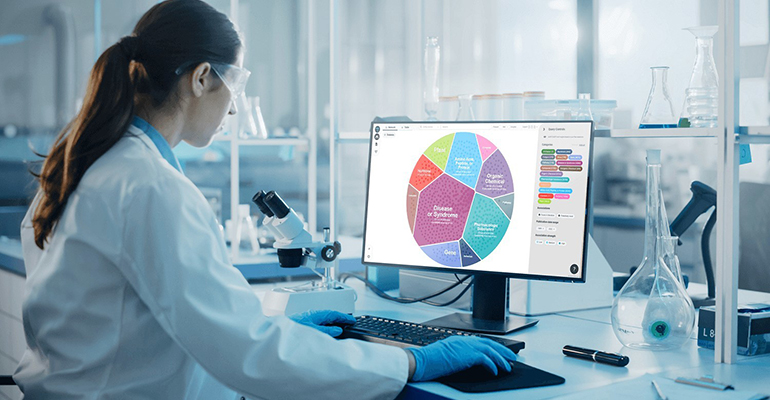News
Mars leverages artificial intelligence for smart product development
12 May 2022
Mars has inked a multi-year deal with artificial intelligence (AI) company PIPA as part of its ambition to put AI at the heart of product design and development for both food and pet food.
PIPA says its technology is centered around accelerating innovation at the crossroads between food, nutrition and health.

Over the next two years, Mars and PIPA will roll out the technology to various teams on both the human and pet food sides of the business, beginning with the company’s emerging science arm called the Mars Advanced Research Institute (MARI).
PIPA, which stands for Process Integration & Predictive Analytics, has a platform called LEAP that combines several sources of scientific data to help predict connections. Already, PIPA created a model that helped Mars to develop the RenalTech diagnostic tool that predicts kidney disease in cats.
"By joining forces with Mars, we are placing AI at the center of food, nutrition and health. We are bringing to fruition new methods for science discovery that mean business teams empowered by AI can unlock novel, high-quality insights faster and more cost-effectively than previously imagined," PIPA's VP of product George Nikolaou said in a statement.
AI identifies bioactive compounds & ingredients
Nutritious food is becoming increasingly in demand as health concerns remain at the forefront of consumer purchasing decisions. However, as manufacturers work to improve formulations and provide the products that consumers are seeking, they are coming up against the realities of trial and error: some products will be a hit while others will be a flop.
AI technologies aim to fill that gap by synthesising massive amounts of consumer data from a variety of sources in order to quickly pinpoint bioactive compounds, ingredients and formulations that will resonate with shoppers.
Many companies have begun to rely on these platforms to inform the development of the next generation of foods, beverages and dietary supplements. Kraft Heinz is working with plant-based company NotCo, which uses Giuseppe AI platform in order to recreate animal-based products. Danone North America partnered with Brightseed in 2020 to leverage artificial intelligence to discover novel nutrients from soy, a popular animal product substitute.
PIPA founder Dr. Ilias Tagkopoulos said in a statement: "The next decade we will witness a paradigm shift in the way we understand food, its effect to our health and well-being… [technology] creates the perfect storm for an unprecedented disruption and brings us one step closer to the Hippocratic ‘let food be thy medicine.’”
AI takes food and beverage by storm
Product development is a slow and unsure process. Of the 10,000 products that arrive in retail annually, 90% fail to meet their sales targets, according to market research firm IRI. AI helps improve that ratio, which is particularly important in hyper-competitive markets.
While AI platforms operate differently, PIPA focuses on creating functional products through deriving connections between molecular and food-related entities with microbes and diseases.
However, there are a variety of different uses for AI. IBM is working to develop a platform called Hypertaste that can improve taste. Firmenich has partnered with Microsoft to use AI to optimise flavour combinations for plant-based meat. Conagra has leveraged AI to help pinpoint consumer preferences and quickly release products that are on-trend.
